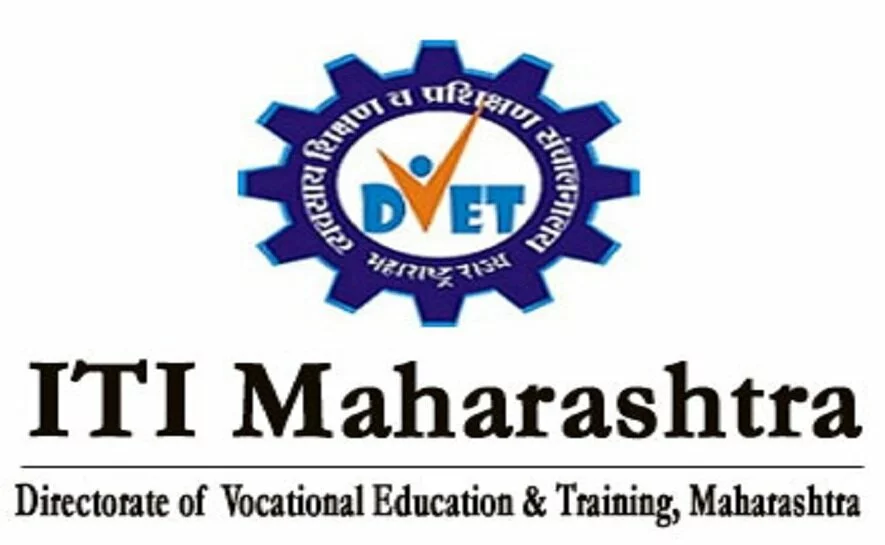The Directorate of Vocational Education and Training (DVET) has requested the Maharashtra government to reimburse the fees of economically weaker students pursuing vocational courses.
Currently, the state reimburses only the tuition fees of students from marginalised sections who are pursuing only professional courses, such as engineering, medical, management, pharmacy, agriculture, animal husbandry and dairy business. The fees of scheduled caste (SC), scheduled tribe (ST), nomadic tribes (NT), vimukta jati (VJ) are reimbursed. As much as 50% fees of the students belonging to the other backward category (OBC), special backward category (SBC) and economically backward category (EBC) are reimbursed.
However, students enrolled in skill development courses in Industrial Training Institutes (ITIs) are exempted from this scheme.
DVET officials said financial aid will entice more students to join ITIs, which will boost the state and Centre’s push for skill development among the youth.
Government ITIs charge between Rs800 and Rs1,200 a year as training fees, whereas private institutes charge between Rs20,000 and Rs30,000, depending on the course. By comparison, the annual fees in private diploma engineering colleges (polytechnics) in the state range from Rs15,000 to Rs1 lakh. In other professional courses, such as hotel management and medicine, the fees usually run in several lakhs.
students from the reserved categories are not charged fees to attend government-run ITIs. Instead, along with EBC students, they get a monthly stipend. They get Rs60, while EBC students get Rs40.
DVET officials said the vocational courses are most deserving of the state’s reimbursement scheme because a large proportion of students in these courses belong to the weaker sections of society. They said ITI courses are one of the most sought after, with as many as 3.23 lakh students — 2.75 times the intake capacity — applying for these courses across the state.
“Many of the candidates for ITI courses come from economically and socially backward sections. They lack the financial capacity to pursue higher education and prefer to purse employment opportunities rather than education. They wait till the final round of admission with the hope of getting into government ITIs. Only those who are well off seek admission to private ITIs,” reads the proposal.
The officials said the scheme will also benefit the private institutes, as it will ensure that most of their seats are filled.

